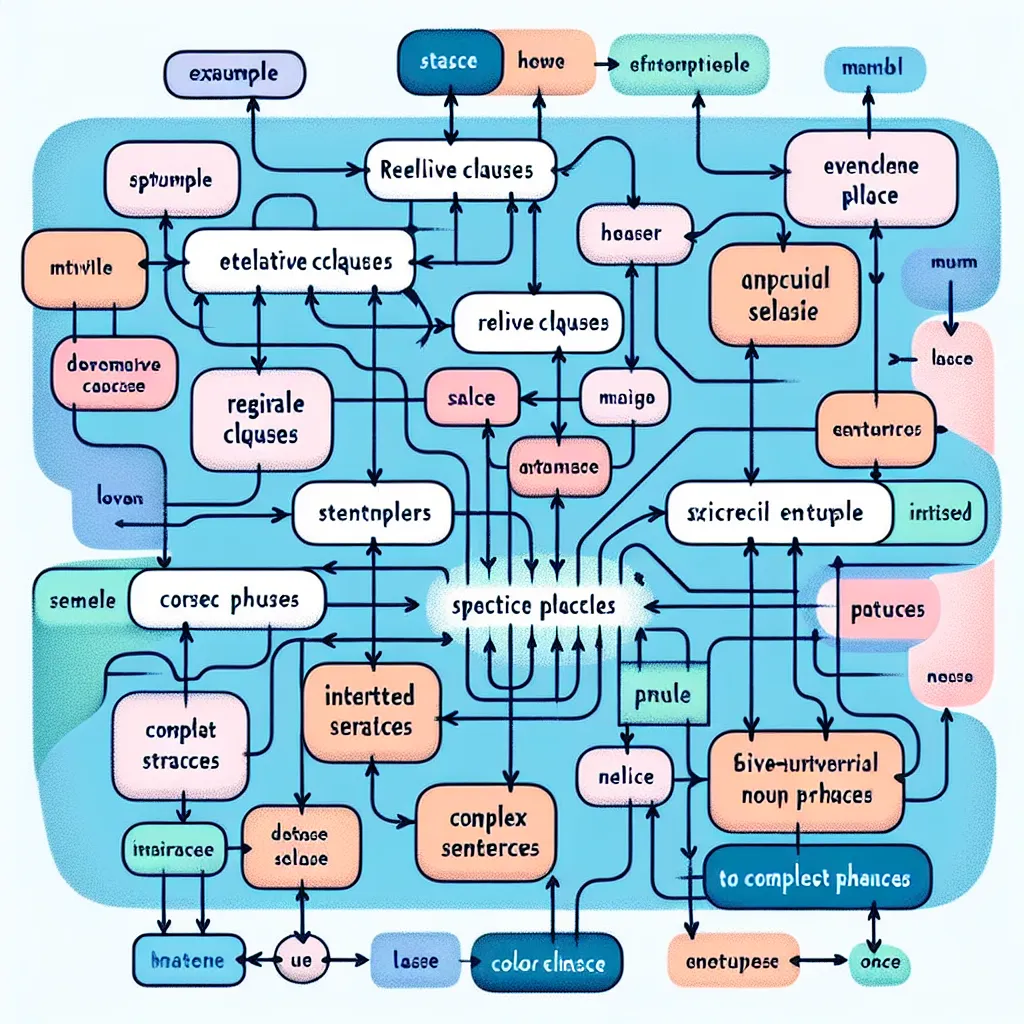English grammar can be a challenging aspect for learners at all levels. As an experienced English teacher and content creator at IELTS.NET, I’ll share valuable insights on advanced grammar techniques for teaching English. This comprehensive guide will provide you with effective strategies to enhance your grammar skills and teaching methods.
Understanding the Importance of Advanced Grammar
Advanced grammar is crucial for those aiming to achieve a high level of English proficiency. It allows learners to express complex ideas with precision and clarity. For teachers, a deep understanding of advanced grammar is essential to guide students effectively and answer their intricate questions.
 Importance of Advanced Grammar
Importance of Advanced Grammar
Key Benefits of Mastering Advanced Grammar
- Enhanced communication skills
- Improved writing abilities
- Better performance in academic and professional settings
- Increased confidence in using English
Essential Advanced Grammar Concepts for Teachers
To effectively teach advanced grammar, it’s crucial to have a solid grasp of complex grammatical structures. Let’s explore some key concepts:
1. Conditional Structures
Conditional sentences are a fundamental part of advanced English grammar. They express hypothetical situations and their consequences. There are four main types of conditionals:
- Zero Conditional: For general truths
- First Conditional: For possible future events
- Second Conditional: For unlikely or impossible present/future situations
- Third Conditional: For impossible past situations
Example:
“If I had studied harder (past perfect), I would have passed the exam (perfect conditional).”
2. Advanced Tense Usage
Understanding the nuances of advanced tense usage is crucial for teaching English at a higher level. This includes:
- Perfect Continuous Tenses
- Future Perfect and Future Perfect Continuous
- Mixed Tenses in Complex Sentences
Example:
“By the time you arrive, I will have been working (future perfect continuous) for six hours.”
3. Subjunctive Mood
The subjunctive mood is used to express wishes, hypothetical situations, and formal suggestions. It’s often challenging for learners but essential for advanced proficiency.
Example:
“I suggest that he study (subjunctive) more if he wants to pass the exam.”
For more in-depth information on mastering these concepts, check out our guide on effective strategies for grammar mastery.
Effective Teaching Strategies for Advanced Grammar
Teaching advanced grammar requires a thoughtful approach. Here are some strategies to make your lessons more engaging and effective:
1. Contextual Learning
Present grammar structures in real-life contexts to help students understand their practical applications.
Example: Use news articles or literature excerpts to demonstrate the use of complex tenses or conditional structures.
2. Comparative Analysis
Encourage students to compare advanced structures with simpler ones they already know. This helps in understanding the nuances and when to use each form.
Example: Compare “I wish I had studied” (past subjunctive) with “I regret not studying” (gerund).
3. Error Analysis and Correction
Use authentic errors made by students as teaching opportunities. This approach makes learning more relevant and memorable.
 Error Analysis in Teaching
Error Analysis in Teaching
4. Interactive Exercises
Employ a variety of interactive exercises to reinforce learning:
- Group discussions on complex topics requiring advanced grammar
- Role-playing scenarios that necessitate the use of specific structures
- Writing workshops focusing on advanced grammar usage
For creative task ideas to enhance grammar learning, visit our tips for mastering English through creative tasks.
Common Challenges and Solutions in Teaching Advanced Grammar
Teaching advanced grammar comes with its unique set of challenges. Here are some common issues and strategies to address them:
1. Overcoming Fossilized Errors
Challenge: Students often struggle to correct long-standing grammatical errors.
Solution:
- Provide targeted practice focusing on specific error types
- Use consciousness-raising activities to help students notice their errors
- Encourage self-monitoring and peer correction
2. Dealing with Language Interference
Challenge: Students’ native language can interfere with their understanding of complex English structures.
Solution:
- Highlight differences between English and the students’ native language
- Use contrastive analysis to explain challenging concepts
- Provide ample practice with structures that differ significantly from the learners’ L1
3. Maintaining Student Motivation
Challenge: Advanced grammar can be intimidating and demotivating for some students.
Solution:
- Break down complex topics into manageable parts
- Use engaging, real-world examples to demonstrate the relevance of advanced grammar
- Celebrate small victories and progress in mastering difficult structures
For more tips on maintaining student engagement, explore our guide on tips for mastering English through discussion groups.
Resources for Teaching Advanced Grammar
To enhance your teaching of advanced grammar, consider using these valuable resources:
- Grammar reference books: “Advanced Grammar in Use” by Martin Hewings
- Online platforms: English Grammar in Use (Cambridge)
- Corpus tools: British National Corpus for authentic language examples
- Academic journals: TESOL Quarterly for the latest research in grammar teaching
For a comprehensive list of study materials, check out our article on how to learn grammar rules faster.
Integrating Advanced Grammar into Overall Language Skills
Remember that advanced grammar should not be taught in isolation. Integrate it with other language skills for a holistic approach:
- Reading: Use complex texts to highlight advanced structures in context
- Writing: Assign essays that require the use of specific advanced grammar points
- Speaking: Encourage debates and discussions that naturally elicit complex language use
- Listening: Utilize podcasts or lectures that feature advanced grammatical structures
By incorporating these strategies and resources, you can significantly enhance your ability to teach advanced English grammar effectively. Remember, patience and consistent practice are key to mastering these complex structures. Encourage your students to embrace challenges and view mistakes as learning opportunities.
For more insights on how to integrate advanced grammar into content strategy, visit our guide on advanced grammar for content strategy.
Keep exploring, practicing, and refining your teaching methods. With dedication and the right approach, you can help your students achieve mastery in advanced English grammar.




